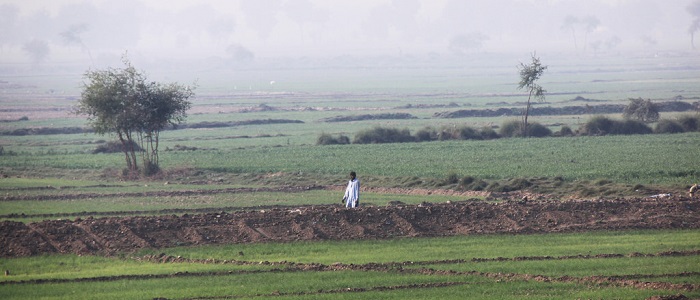
Summary
South Asia, comprising Bangladesh, Bhutan, India, Maldives, Nepal, Pakistan, and Sri Lanka, is one of the most densely populated and poorest regions of the world. It is also the region with the highest rates of irrigated agriculture – estimated at around 40% of total cultivated area – which is of interest in the context of water conservation and management. In fact, the region hosts some of the oldest and largest irrigation systems.
This paper reviews South Asian countries’ water policy experiences, and documents important differences, and many commonalities, in these practices. It also discusses the theory of water pricing in centrally managed as well as market irrigation systems, many of which are stagnant or in decline since the 1990s, due to poor operation and maintenance. The paper also summarizes the problems of water use, discusses obstacles to solving these issues and elaborates on policy options that are realistic in the given context.
It finds evidence in much of South Asia of the gradual decline of institutions initially inherited from a colonial past or introduced through foreign aid.
The study recommends better policies and more efficient management of water, suggesting also that the state should play a strong role in supporting farmers, by taking the lead in agriculture research, education, extension and training.
- Shahid Ahmad (Pakistan Agricultural Research Council, Islamabad, Pakistan)
- Ali Hasanain (Lahore University of Management Sciences, Lahore, Pakistan)
- Sidra Majeed (Pakistan Agricultural Research Council, Islamabad, Pakistan)
- Muhammad Zia Mehmood (Lahore University of Management Sciences, Lahore, Pakistan)
- Genet Zinabou (University of Oxford, Oxford, UK)
Name of the Program | Supporting Policy Research to Inform Agricultural Policy in Sub-Saharan Africa and South Asia
If you cite this resource, please notify communications@gdn.int with the subject line 'GDN citation'.





